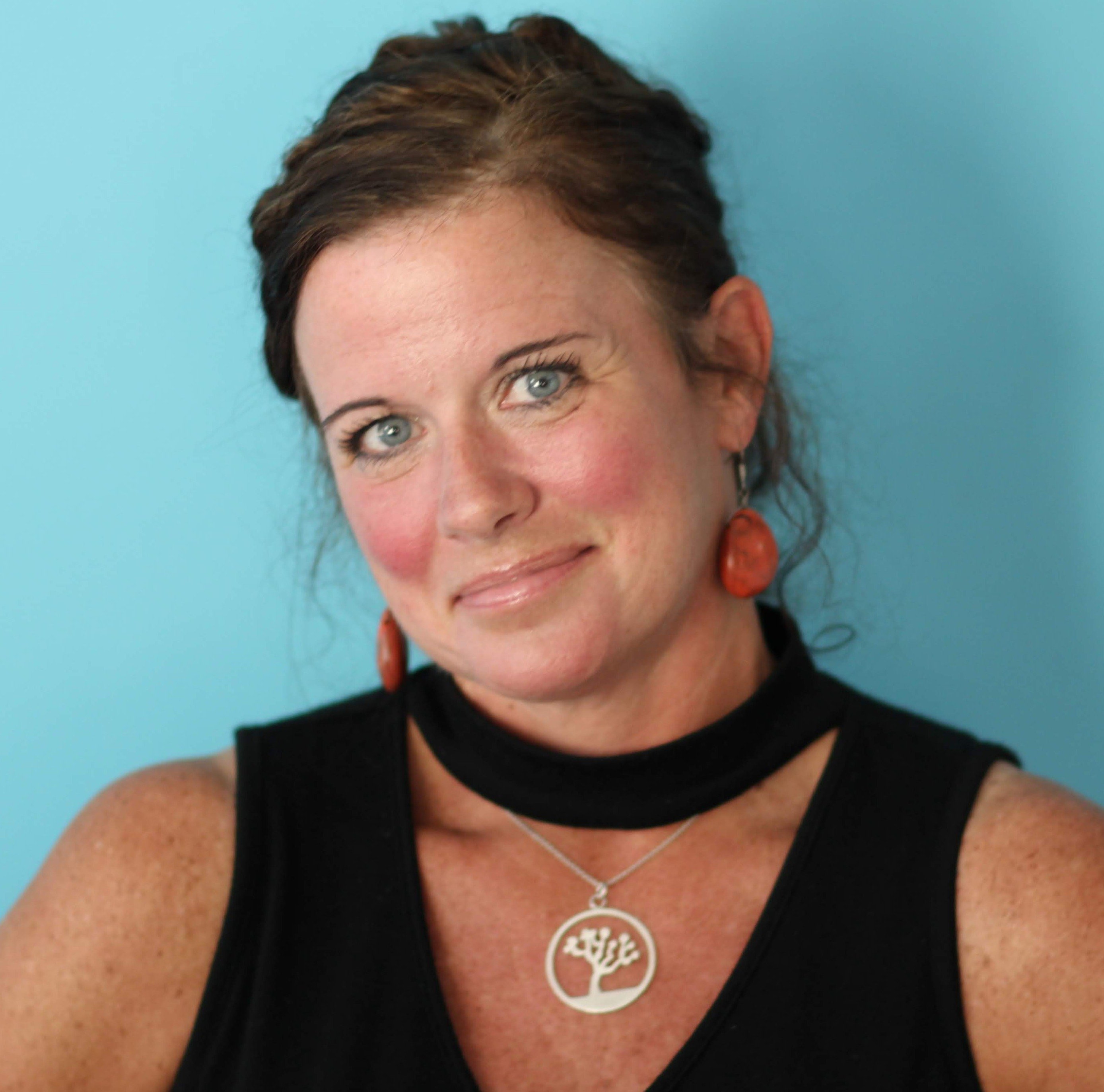“If you think you are leading and turn around to see no one following, then you are just taking a walk.” Benjamin Hooks
I’ve always loved this quote, because for me it cuts straight to the core of true leadership—which has absolutely nothing to do with the title on your business card. True leadership, to me, is about impact. How much of an impact do you have on those around you? And how willing are they to follow you, wherever you may lead? This kind of leadership is not measured by daily tasks and spreadsheets—this is the stuff of legacies.
I recently talked about the importance of Social Emotional Leadership as an essential conversation in the current climate, and that kind of leadership begins and ends with self-awareness.
Self-awareness is the mirror that we must clean off daily to ensure that we are seeing ourselves, and our leadership, clearly; it is the mirror that we must actually look into rather than avert our gaze.
It’s the thing many of us dread the most, honestly. We avoid it like crazy. And we have a lot of really good reasons to skip it—Oh, I’m focused on my team and what they need; I’ve got a business to run—I don’t have time to check in with myself; Who, me? Oh I’m fine, thank you very much.
But the thing is, none of that is right.
Because what’s going on inside of you—your emotions/beliefs/thoughts—impacts your actions, whether you are conscious of it or not.
And your actions impact what’s going on inside of your team—their emotions/beliefs/thoughts, whether they realize it or not.
And what’s going on with your team, of course, impacts their actions, which then impact your clients/partners/product/service.
So, is it that far-fetched to say there is a direct line from your internal state to your bottom line?
Our lack of self-awareness can play out in small and easy-to-connect ways (I had a fight with my partner this morning, and then proceeded to snap at my co-worker at our team meeting), or in bigger and unconscious ways (I was raised in a household where the male was the patriarch and the females in my family took care of the men; at the office now I rarely think to offer my female employees leadership roles on teams), or in long-standing coping ways (My way of dealing with stress is to just focus on work, and so as this pandemic persists I’m at my computer at 5:00 am, and am still answering emails at midnight—and I don’t want to talk about my personal life, I just want to get the work done-- and while we’re at it why aren’t you doing the same?)… or in dozens, hundreds, thousands more ways.
And it’s not even always that deep, either. It can be in the simple ways that we describe ourselves and our leadership to others. “Oh, I use humor as a tool to relax the group. I’m funny.” But….. do I think I’m funny because I’m funny or just because people have always said I’m funny and therefore I’m funny?
Know what I mean?
Thomas Carlyle said that “The greatest of faults is to be conscious of none.”
True leadership, to me, is to look in the mirror and take stock of what you see. All of it.
Some good starter questions for self-awareness in leadership include:
- How am I feeling?
- What am I believing to be true right now?
- Why am I feeling this way? Why do I believe this? No really, why? – where is this coming from?
- When else have I felt this way? What did I do about it then? Did that help or hurt?
- What does this situation/person/circumstance remind me of?
- How are my actions impacting my team?
- How are my words impacting my team?
Now. I want to put a great big ASTERISK right here on the page. PLEASE PAY ATTENTION TO THIS NEXT PART:
Looking in the mirror of self-awareness in leadership does not mean polishing the mirror and changing your outfit so you look your best and—oh, why not—throwing a filter over top to smooth out the edges.
This is not about smoothing out the edges. (yet)
This is about acknowledging the edges.
This is about acknowledging them.
And look—this is potentially brutal, I get it. For a long time I refused to look in the mirror. (This is a literal truth, not some kind of symbolic statement— it was not that long ago that I literally could not meet my own eyes in the mirror). Just trust me on this part: even if you have some stuff that’s really hard to look at, there is at least one person out there who is avoiding looking at the exact same stuff, and by you looking at it—as a leader—you are showing that at-least-one-person that they can look at it too. I honestly don’t know any kind of leadership more powerful than that.
The first step in Social Emotional Leadership—the kind of leadership that sticks around, the kind they tell stories about—is self-awareness.
Are you ready to hold up the mirror?
**
For more conversations on social emotional leadership, join us for one of our upcoming free live virtual webinars. You can find the schedule and register here! https://www.tlpnyc.com/free-workshops




Comments [0]
Click here to read/write comments